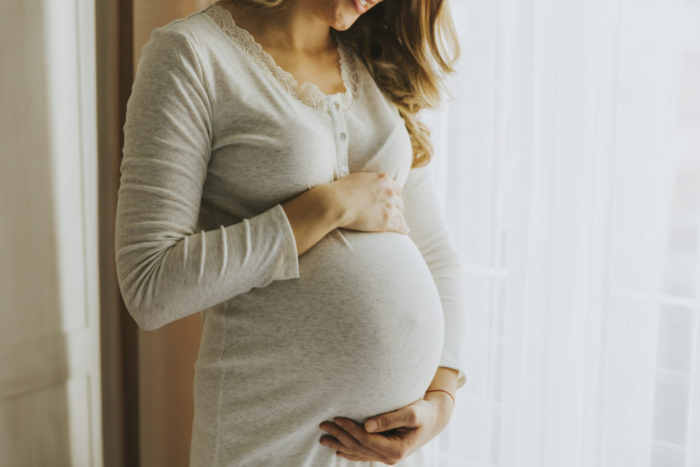New Resources Remind Moms-to-Be of Seafood Benefits
April 30, 2018
Raw sushi is out, and fish oil supplements are questionable. But regular fish consumption as part of a healthy prenatal diet? That’s a surefire way for pregnant women to realize health benefits for themselves and their babies.

As new educational resources from the National Fisheries Institute remind us, whether eating out or preparing food at home, moms-to-be should choose seafood two-to-three times each week as recommended by the 2015-2020 Dietary Guidelines for Americans.
A newly launched seafood and pregnancy webpage helps to educate readers and dispel myths about eating fish while pregnant. The site includes links to news and blogs as well as the pregnant women’s guide to eating seafood. Both the full guide and the one-page version offer meal ideas for lunch, dinner or snack time.
As the guide notes, many popular types of seafood in the U.S. are safe and healthy to eat during pregnancy. Shrimp, salmon and tilapia are among the most common varieties. And, despite rumors to the contrary, canned and pouched tuna are also safe and healthy for expecting moms.
When considering the health benefits of seafood, many people think only of its omega-3 DHA. It’s true, fish is rich with omega-3 oils that are vital to brain and eye growth. But it also packs protein, calcium, vitamin D and iron, which translate to developmental gains for infants and toddlers.
Research shows babies of moms who ate two-to-three servings of fish per week hold their head up, copy sounds and recognize familiar faces more quickly than babies of moms who passed on seafood. The same is true for certain milestones that typically occur around 18 months like climbing stairs, drinking from a cup and drawing.
Findings from the Food and Drug Administration reinforce the neurological benefits of fish consumption. For its 2014 “Net Effects” report, the FDA evaluated 120 peer-reviewed studies about the effects of eating fish during pregnancy. Their conclusion: fish consumption during pregnancy has positive developmental impacts.
To learn more, review The Pregnant Woman’s Guide to Eating Seafood or the National Coalition for Infant Health’s Fast Facts on fish consumption for pregnant women.
Tags: InfantCategorized in: Blog

